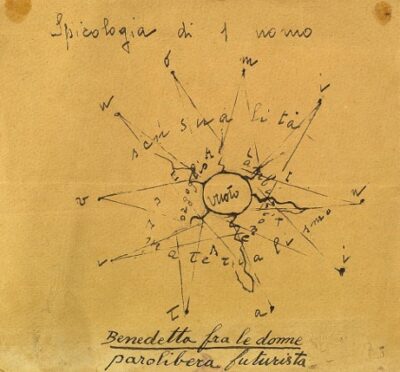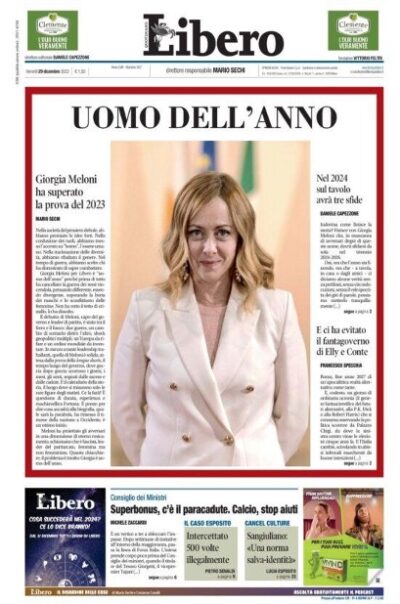1.Donne di destra / Women of the Right
by Ombretta Frau and Juliet Guzzetta
The Guest Editors use a feminist lens to introduce and deconstruct the theme of “Donne di destra / Women of the Right” in the sociopolitical and cultural context of contemporary Italy.
DOI: https://doi.org/10.15781/kf73-6c95




